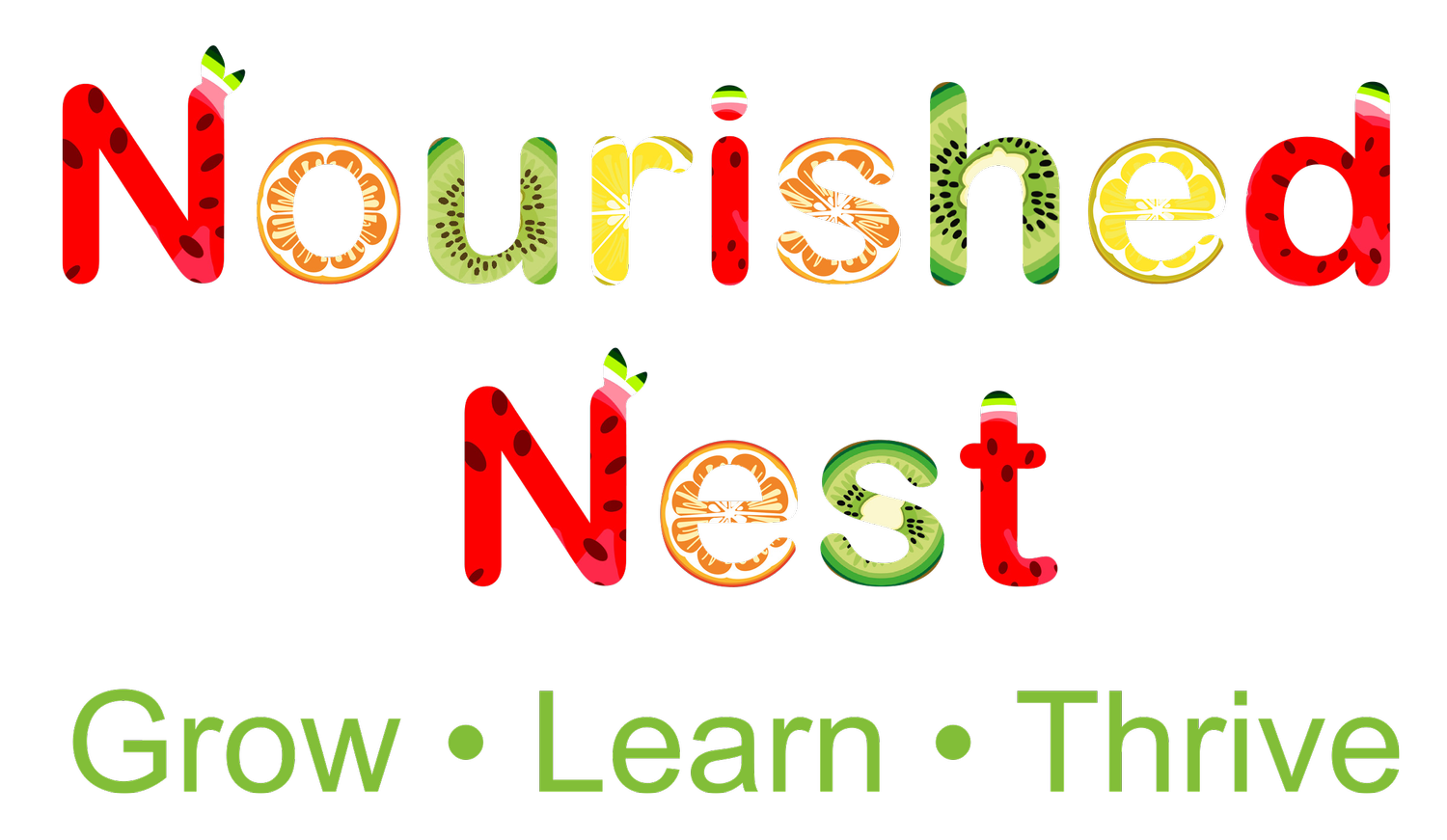Nutritional support for hay fever
Seasonal Pollen Allergies - Hay Fever, can nutrition relieve symptoms?
Its summer some of us get excited about the lovely weather, picnics and BBQs. For others they dread the start of seasonal pollen allergies (hey fever).
In the UK, 40% of children have been diagnosed with an allergy. Allergies can be distressing for children and parents, often symptoms can affect all aspects of a child’s life, including their education, health and well-being and socialising.
Eczema, asthma, and allergic rhinitis (hay fever) are known as the atopic triad because they often occur together. Its a common occurrence where some people have two of these diseases and others suffer from varying degrees of all three.
Before I talk about how to support your immune system and allergies nutritionally.
It’s important to understand what an allergy is. The body’s immune system overreacts to an allergen. An allergen such as pollen, mould, peanuts, insect stings, or animal skin that’s shed, to some people, is harmless, but not if you have an immunological issue.
There is no cure for allergic conditions but Nutritional Therapists will try to identify the root cause and your personal triggers. And consider this when recommending a personalised program that will support your overall immune system. With the aim to manage symptoms and improve how you live with the allergy.
It’s important to focus on getting the immune system under control because if you have one allergy there is a high probability you could develop another. This could be prevented.
Hay fever involves inflammation inside the nose, triggered by an allergen.
Symptoms include itchy eyes and nose, sneezing, watery, red eyes, blocked/runny noses, blocked sinuses and headaches. Which kick in when the pollen count reaches 50.
❗️Science Allert❗️
Mast cells in the nasal cavity store many granules containing things such as histamine. If activated by pollen histamine is released, often described as a grenade going off in the nose, triggering inflammation. Mast cells are also present on their eyelids so the same reaction can cause itchy, inflamed eyes.
Histamine has an important role, involved in mast cells responding rapidly to invading microbes. But can cause problems if released by triggers such as pollen.
Histamine then becomes a problem if our body is unable to break it down therefore involved in the development of conditions like hay fever.
⭐️Nutritional Support ⭐️
It’s important to be clear there is no cure and there is no significant evidence that some nutrients or a special diet or supplement can work for everyone.
There are simple tips that might reduce the effect an allergen has on you or your child’s body.
I have already mentioned that inflammation and immune dysregulation are linked to hey fever
🌼 Limit inflammatory foods, not a popular one, this includes ultra-processed foods (UPF) products with a long list of ingredients or ingredients you can’t recognise or wouldn’t use in your cooking at home. UPF can include pastries, cakes, biscuits, breakfast cereals, crisps, sweets and fruit drinks.
🌸 Another unpopular recommendation, cutting down on sweets, chocolate and cake if you or your child has a sweet tooth, because sugar is thought to suppress your immune system
🌼Focus on a diet rich in plants including a wide variety of fruits and vegetables. These include pears, apples, berries, plums, beetroot, sugar snap peas, carrots, green beans, peppers
🌸Support gut health by eating foods high in fibre such as beans and pulses, nuts and seeds. Also reduce sugary foods.
🌼Probiotics, there is growing evidence that some probiotic stains can support your immune system and relieve allergies.
🌸Anti-inflammatory foods such as ginger, turmeric, leafy greens, avocado, pumpkin seeds, flaxseed
🌼Plant foods high in antioxidants, found in colourful produce such as berries, red cabbage, beetroot and spices like turmeric.
🌸Make sure that you don’t have any nutrient deficiencies, you need key nutrients to support the immune system such as selenium, magnesium, vitamin C and D, Omega 3.
🌼The enzymes that that clears histamine need’s Vitamin B6, B12, iron, zinc, copper and vitamin C.
🌸Supporting the liver is important by increasing vegetable such as broccoli, cauliflower, cabbage and radish
There are foods and supplements known to alleviate hay fever and other allergy symptoms and histamine, with evidence to back this up.
It is important to speak to a nutritional therapist to get personalised advice if you choose supplements for you or your child, regarding dose and interaction with other medications or supplements.
Omega 3 - found in salmon and other oily fish, helps reduce inflammation but you need to start early to notice a difference.
Vitamin C - during allergy season eat lots of kiwi, broccoli, peppers tomatoes, and citrus fruits like oranges, lemons and limes. Vitamin C is thought to inhibit histamine release.
Quercitin - is found in onions, peppers, apples, leafy greens and berries. One of the best food-based anti-allergy agents. Its believed to stop mast cells from releasing histamine.
🫐🍓 You can buy a Quercitin supplement. Vitamin C helps with absorption.
There is also evidence that Pomegranate, chamomile and bromelain in pineapple can relieve hay fever symptoms.

